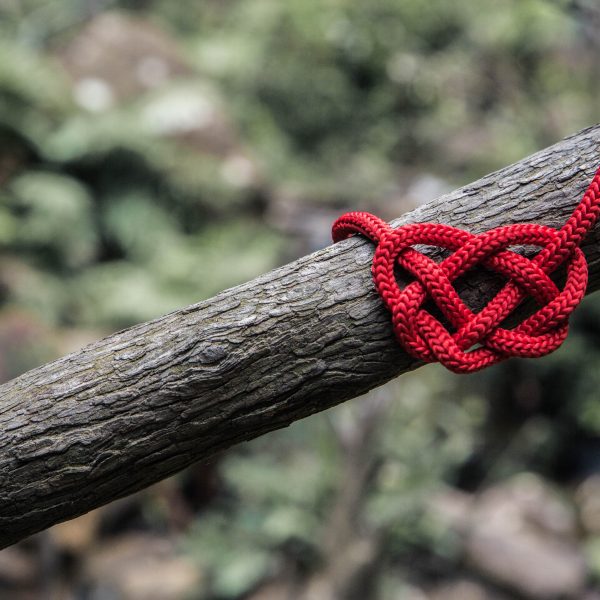Creating a Reconciliation Action Plan? QLD Department of Education has some tips

With Reconciliation Week taking place next month (27 May – 3 June), many services are giving consideration to how they can demonstrate their commitment to reconciliation and to ensuring that First Nations children and families feel welcomed and safe in their service.
The creation of a Reconciliation Action Plan (RAP) is a key way early childhood education and care (ECEC) services can show their commitment to reconciliation and creating a culturally safe environment, as well as meeting key outcomes of the National Quality Standard.
To support services who are considering the creation of a RAP the Queensland Department of Education has prepared a reflection on the value of RAPs, along with some hints and tips for their creation.
An extract of these thoughts appears below. To read the full advice please see here.
Aunty Merle’s advice
Elder Aunty Merle Cashman, a Nguigi woman from Quandamooka Nation and Kuunju from the Thipan people, is passionate about working with ECEC services to understand the importance of making sure a RAP is more than just a strategy document.
“A Reconciliation Action Plan is a commitment to Aboriginal people, and Torres Strait Islander people, to embed their perspectives across both your professional and personal life,” Aunty Merle said.
Using this as a basis for understanding, Aunty Merle said it is important that when introducing a RAP into the service, all staff need to understand why it is being implemented, and what a difference it can make to closing the gap.
Kindy Patch Grovely’s experience
Kindy Patch Grovely developed, drafted and refined a RAP in strong consultation with the Warra Culture in Community cluster, which is one of four local community clusters co-ordinated by the Department of Education in Metro North region, with the intention of building cultural safety and support embedding for Aboriginal and Torres Strait Islander perspectives in ECEC services.
Some important aspects of the daily routine at the service have changed since the RAP was implemented, including creating an Acknowledgement of Country with the children, using traditional language, learning about and sharing dreaming, and caring for Country.
Kindy Patch Grovely early childhood teacher Nemika said the team were led by the children in exploring Aboriginal culture and Torres Strait Islander culture, and worked closely with Aunty Merle to develop the services RAP and to ensure their service was a culturally safe environment.
“It’s part of what we do every day now, and whatever we are learning about, we try to include an Aboriginal perspective and Torres Strait Islander perspective,” Nemika said.
“We have made some really important connections with local groups and we check in with them regularly when it comes to embedding this learning in our centre,” she added.
Embedding First Nations perspectives into daily practice is now routine, and G8 Education, the parent company of Kindy Patch, has also developed an organisation-wide RAP.
Now more than ever
The latest rendition of the Early Years Learning Framework (EYLF) emphasises the importance of supporting the inclusion of Aboriginal culture and Torres Strait Islander culture in early learning.
In 2024, the theme for Reconciliation Week is ‘Now More Than Ever’. In keeping with this theme, there are a number of meaningful ways ECEC services can take action both during this important week, and at all times throughout the year.
Some suggestions include:
- Ensuring that your service has engaged with its local Aboriginal community and Torres Strait Islander community in the development of a reconciliation action plan
- Building staff awareness through professional development opportunities.
- Beginning meetings and events with an Acknowledgement of Country
- Organising a reconciliation wall at your service or in your community and invite families and staff to write what reconciliation means to them and identify at least one action they might undertake to contribute to this ongoing journey of reconciliation.
- Finding out more about our shared histories, cultures and achievements and exploring how each of us can contribute to achieving reconciliation in Australia
- Sharing a story and increasing your library resources. The department’s Dandiiri Schools and Community Library is open to the public, and has a comprehensive collection of resources reflecting Aboriginal and Torres Strait Islander culture, history and politics. Phone (07) 3714 8500 or email [email protected] for further details.
Additional resources
The Queensland Department of Education has provided the following links to support services in their reconciliation journey:
Popular

Policy
Practice
Quality
Provider
Research
Safety starts with supervision: responding to real risks in ECEC
2025-07-07 10:30:58
by Fiona Alston

Policy
Provider
Practice
Quality
Jay Weatherill appointed to co-lead urgent review into childcare safety in Victoria
2025-07-07 07:24:04
by Fiona Alston

Quality
Practice
Provider
Workforce
Reclaiming Joy: Why connection, curiosity and care still matter in early childhood education
2025-07-09 10:00:07
by Fiona Alston













